
Trust is the currency of democracy. Without it, elections lose their legitimacy, institutions crumble, and the people’s faith in governance dissipates.
In Ghana, that trust has steadily eroded over the years, thanks in large part to the actions—or inactions—of Jean Mensa and the Electoral Commission (EC) she leads. As we approach the critical general elections on December 7, 2024, the question on many lips is not whether the EC can deliver a free and fair election, but whether it is even trying to.
Last Sunday, while running yet another errand for the wife—this time searching for a specific brand of Maalox across Accra—I found myself at a plush pharmacy in East Legon. It was a quiet evening, the kind where even the air seemed to whisper reminders of our collective frustrations. Inside the pharmacy, however, there was a palpable buzz.
Near the TV mounted on the wall, a group of three had gathered, watching intently as a UTV presenter (or perhaps a journalist—it’s hard to tell these days, with the lines between the two so blurred) dissected the ballot paper issues in the Volta Region. The topic was unmistakable, even from afar; the look of discontent on their faces said it all.
As I approached the counter to inquire about the elusive Maalox my wife had sent me chasing after, I caught a snippet of their conversation. One of the men, unable to contain his frustration, exclaimed in Twi, “Eiii, the EC is surely intent on ‘stealing’ the Volta votes for the NPP this time!” It was a bold accusation, his tone drenched in bitterness and resignation.
The pharmacist, standing behind the counter, responded with a light chuckle, as though it were an obvious fact of life. “…But it’s their party that’s in power. So what do you expect?” she said, her voice tinged with cynicism.
I couldn’t help but notice the resigned nods of agreement from the group, their voices blending into a chorus of distrust. Even as I paid for the Maalox and exited, their conversation droned on, an unending lamentation about the Electoral Commission and its perceived partisanship.
It was a scene that stayed with me, not because it was extraordinary, but because it was ordinary. Too ordinary. Their voices, their frustration, their mistrust—they are the voices of a nation that no longer believes in the impartiality of its institutions.

Under Jean Mensa’s leadership, the EC has become a lightning rod for criticism, and rightly so. From operational inefficiencies to questionable decisions, the commission has managed to alienate key stakeholders, tarnish its reputation, and instil doubt in its ability to manage elections transparently. At a time when the EC should be the impartial referee safeguarding our democracy, it has instead become a partisan player mired in controversy and incompetence.
Jean Mensa’s leadership of the EC has been a long legacy of blunders
Jean Mensa was appointed to the helm of the Electoral Commission in 2018 with the promise of restoring credibility to the institution. Instead, her tenure has been characterized by a litany of missteps that have eroded public confidence in the EC’s impartiality and competence.
Take the 2020 general elections, for instance. What should have been a routine electoral process descended into chaos, with the EC admitting to “human errors” in the tabulation of presidential results. These errors were not just technical glitches—they were emblematic of a leadership that prioritized speed over accuracy, public relations over accountability.
To this day, many Ghanaians remain sceptical about the results, and the EC’s refusal to transparently address these concerns has only deepened the mistrust.
Fast-forward to the 2024 voter registration exercise, and the story remains the same. The decision to limit registration centres to district offices effectively disenfranchised thousands of voters, particularly those in rural areas. Despite widespread criticism, Jean Mensa and her team maintained an unyielding stance, brushing off concerns as baseless attacks.
This level of disregard for the voices of ordinary Ghanaians underscores a leadership that is out of touch and unresponsive to the needs of the people it serves.
An EC shrouded in a culture of secrecy and exclusion…even more than usual
Perhaps the most troubling aspect of Jean Mensa’s EC is its growing penchant for secrecy and exclusion. Recent reports that the commission plans to restrict media access to election collation centres are nothing short of alarming.
In a democracy, the media serves as the public’s eyes and ears, ensuring transparency and accountability. By side lining journalists and independent observers, the EC is sending a clear message: it has something to hide.
This isn’t an isolated incident. Civil society organizations, including the respected CDD-Ghana, have repeatedly been denied observer status for upcoming elections. Meanwhile, accusations of unauthorized data compilation centres and opaque procurement processes have cast a long shadow over the commission’s operations. Jean Mensa’s leadership style—marked by defensiveness and an unwillingness to engage constructively with stakeholders—has only added fuel to the fire.
The Volta Region debacle repeats, again, alongside other “errors”
Jean Mensa’s tenure has also been riddled with controversies that raise questions about the EC’s impartiality. During the 2020 elections, discrepancies in ballot paper distribution in the Volta Region—a stronghold of the opposition National Democratic Congress (NDC)—sparked outrage. Similar issues have been reported in the lead-up to the 2024 elections, with concerns about the fairness of ballot reprinting processes in constituencies like Berekum East and West.
These so-called “errors” disproportionately affect opposition strongholds, leading many to suspect deliberate attempts at voter suppression. Whether or not these suspicions are valid, the EC’s lack of transparency has left the public with little reason to believe otherwise.
The role of an Electoral Commission chair is to be impartial, to act as a neutral arbiter who ensures that every vote counts and that the process is fair to all parties.
Unfortunately, Jean Mensa has failed spectacularly in this regard. Her perceived closeness to the ruling New Patriotic Party (NPP) has cast a long shadow over her decisions, from voter registration policies to media access restrictions.
Former President John Mahama has openly accused the EC of colluding with the NPP, and while these allegations may be politically motivated, they resonate with a public that has grown weary of the commission’s actions. Jean Mensa’s refusal to meaningfully address these concerns has only fuelled the perception that she is anything but impartial.
The stakes for the 2024 elections could not be higher. Ghana is grappling with economic hardship, political polarization, and growing public discontent. In such a volatile climate, the EC’s credibility—or lack thereof—could determine whether the nation remains a bastion of democracy or descends into chaos.
The warning signs are already there. Dr. Ghadafi Saibu recently cautioned that Ghana could be walking the same path as Kenya in 2007, when disputed election results led to widespread violence. The parallels are chilling: an electorate that feels disenfranchised, an election management body that lacks public trust, and a political climate charged with tension.
Jean Mensa must go—or reform
If Jean Mensa truly cares about Ghana’s democratic future, she must take immediate and decisive steps to restore public confidence in the EC. This begins with embracing transparency and accountability, opening the commission’s operations to scrutiny from independent observers, the media, and civil society organizations.
But perhaps more importantly, Jean Mensa must abandon her defensive posture and engage constructively with critics. Leadership is not about doubling down on questionable decisions; it is about listening, learning, and adapting. If she cannot rise to this challenge, then she has no business leading an institution as critical as the Electoral Commission.
As it stands, I don’t think anyone trusts Jean Mensa and her EC to run a blemish-free election. This is not a statement made lightly—it is the reality of a nation that has watched its electoral body stumble from one controversy to another.
The EC is not just another public institution; it is the bedrock of our democracy. If Jean Mensa and her team cannot deliver a free, fair, and transparent election on December 7, 2024, the consequences will be dire. Ghana’s democratic reputation, built over decades, hangs by a thread.
The EC has one last chance to prove its critics wrong and live up to its tag line of “Transparency, Fairness and Integrity“. The question is, does Jean Mensa have the courage, the humility, and the vision to seize it? Ghanaians are watching, and history will judge her harshly if she fails.
That moment in the pharmacy, a microcosm of the broader national sentiment, is a damning indictment of Jean Mensa’s Electoral Commission. They are the stories that linger—intrapersonal, anecdotal, yet devastatingly powerful. They capture the undercurrent of cynicism that is sweeping through Ghana, barely days to December 7, 2024.
The EC may continue to defend itself with press releases and technical jargon, but in the hearts of Ghanaians, the trust is gone. And trust, once broken, is almost impossible to restore.
The post Trust in the Jean Mensa-led EC to deliver a blemish-free election is quickly waning; and rightly so first appeared on 3News.
Read Full Story



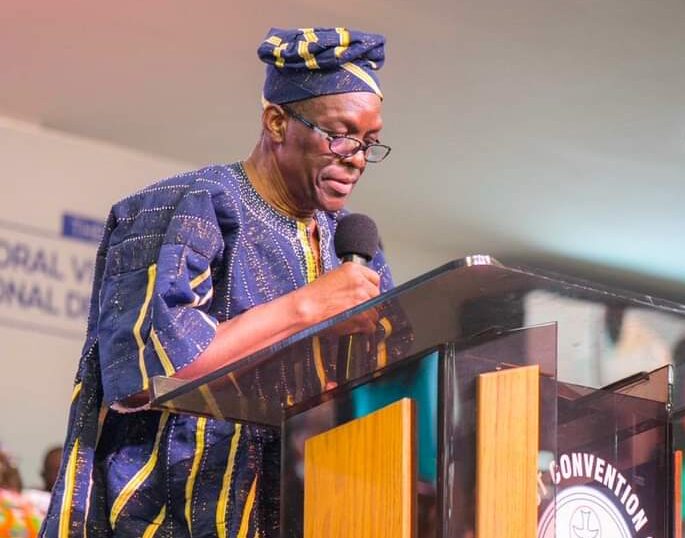
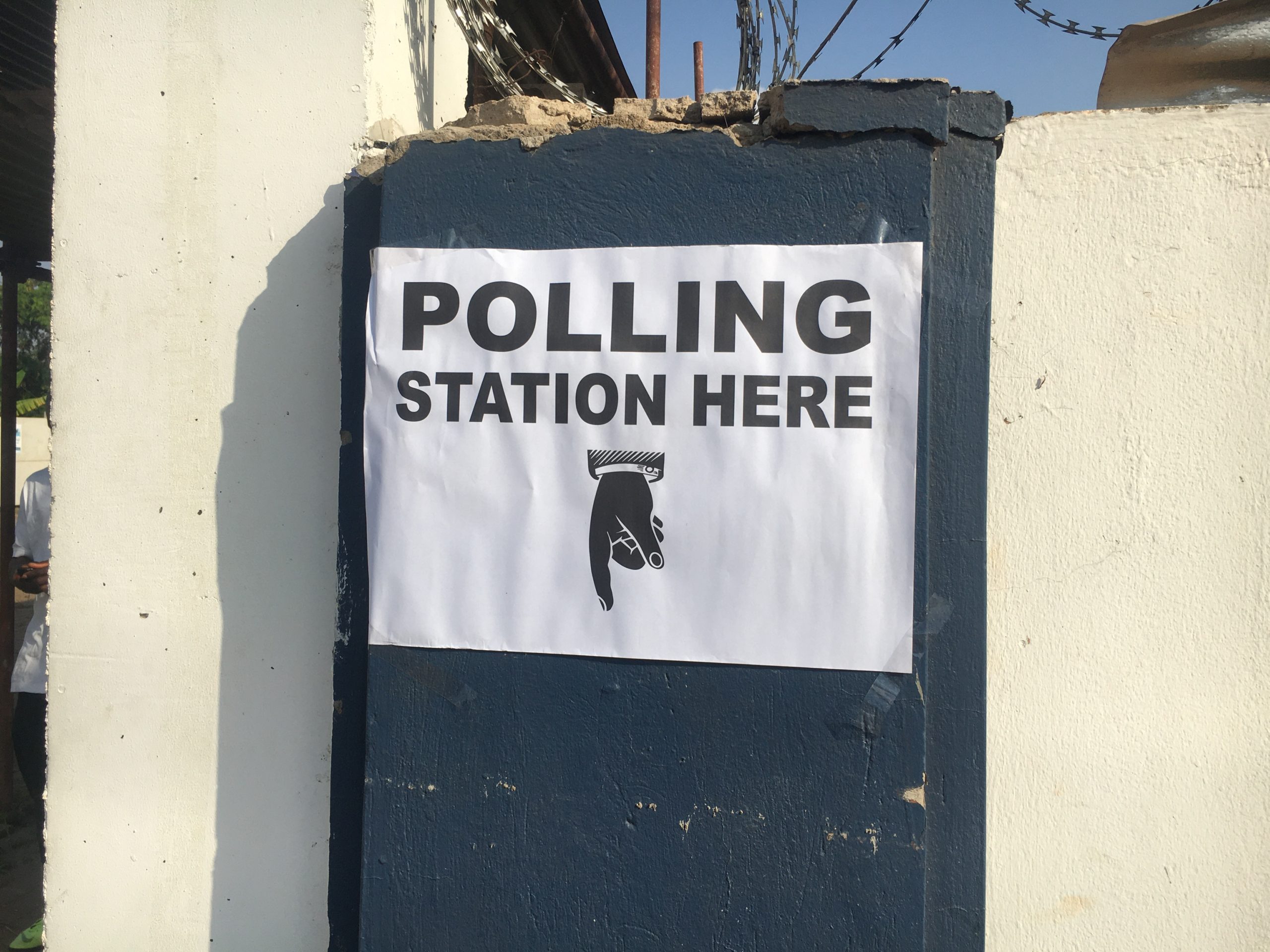
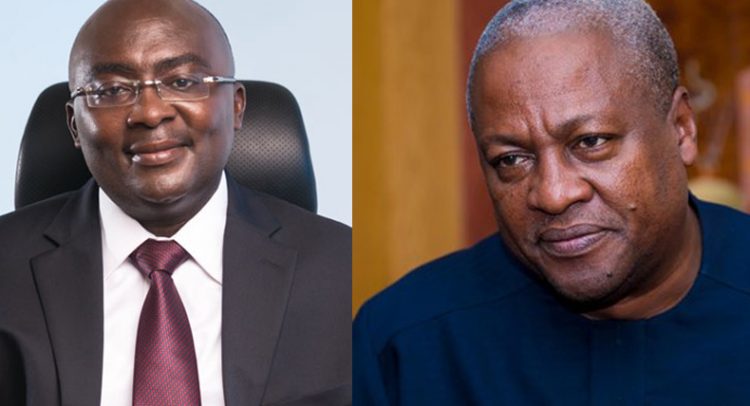


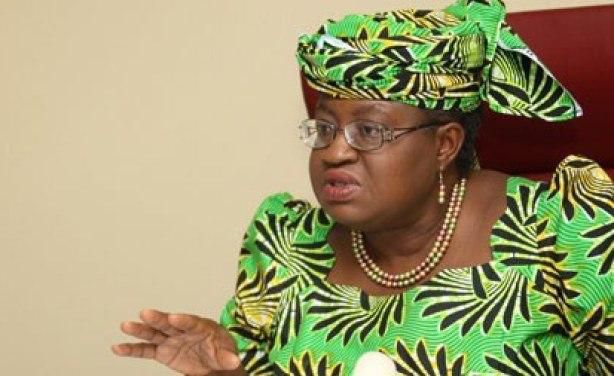


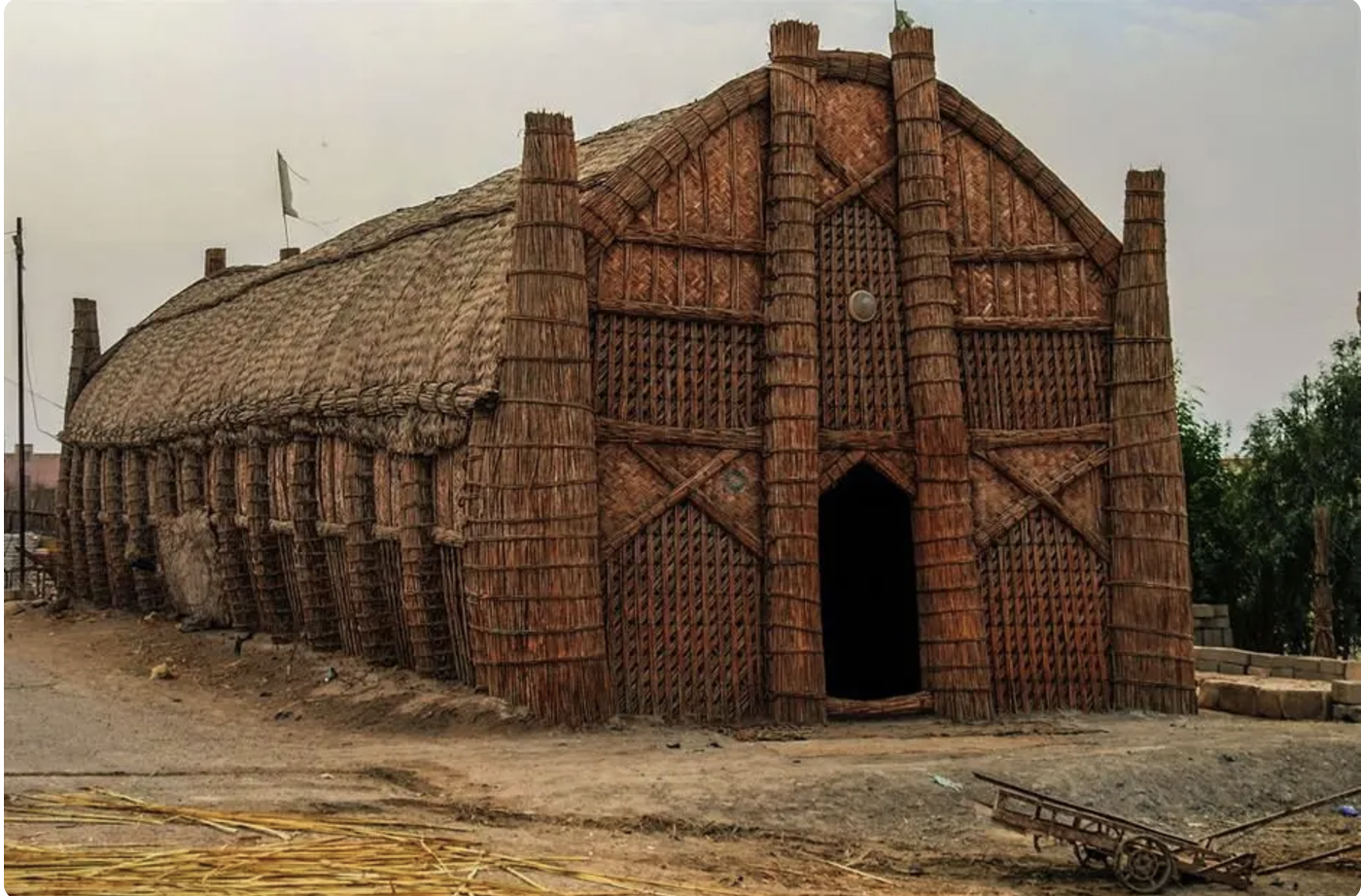
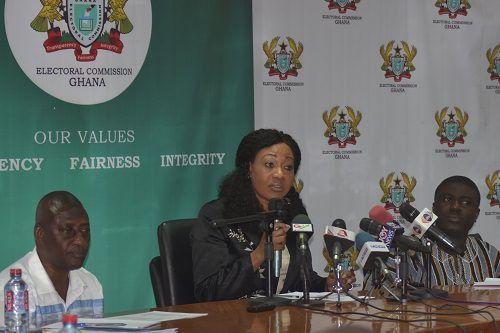





Facebook
Twitter
Pinterest
Instagram
Google+
YouTube
LinkedIn
RSS